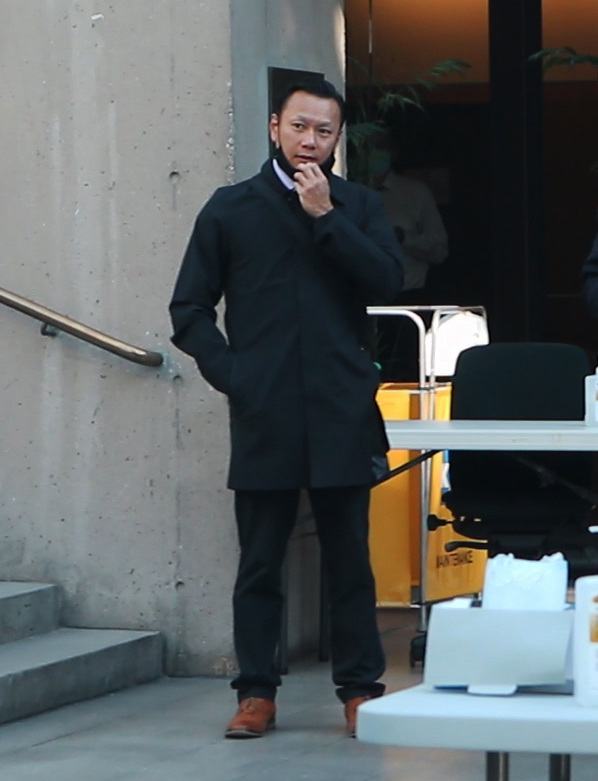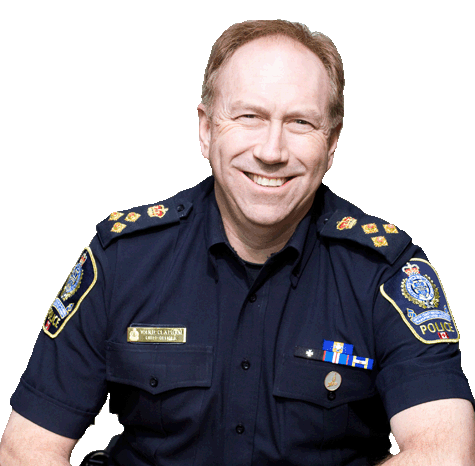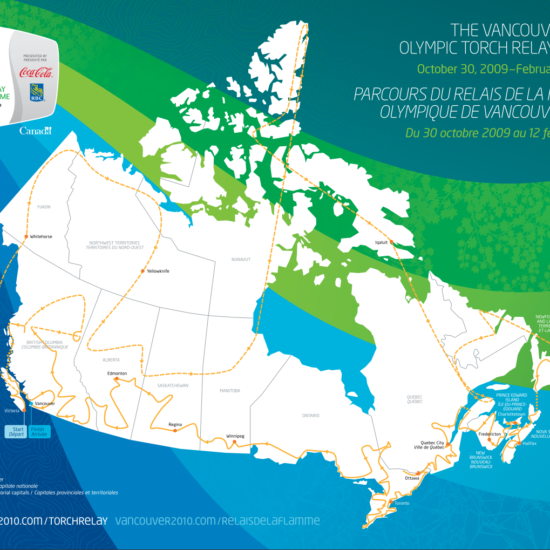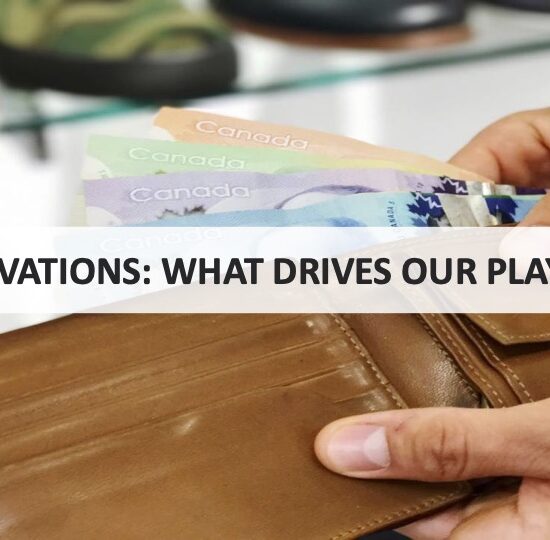
Bob Mackin
A tale of two RCMP officers.
First. the Mountie that arrested Huawei chief financial officer Meng Wanzhou on Dec. 1, 2018 was on the witness stand for a second day in B.C. Supreme Court.
Meng’s defence lawyer Richard Peck cross-examined Const. Winston Yep Oct. 27 about why the affidavit that triggered the arrest warrant did not mention Meng had connections to Vancouver.

Winston Yep (Ina Mitchell)
Yep admitted it was an error of omission.
Meng — also known as Sabrina Meng and Cathy Meng — came to Vancouver in the early 2000s. She briefly held permanent resident status in Canada. With her husband Xiaozong Liu’s name on the deed, she bought houses in 2009 and 2016, in Dunbar and Shaughnessy, respectively. Both properties are mortgaged by HSBC, which she is accused of defrauding.
Meng lives in the Shaughnessy mansion under curfew as part of her bail. The Shaughnessy mansion is on the same city block as the residence of the U.S. consul general.
Peck contended that Yep made no effort to tell superiors about the omission after he found out more about Meng. Yep was assigned to handle the paperwork, after the U.S. had requested Nov. 29, 2018 that she be arrested.
“I swore the affidavit at the time. I did not have all that information in my head,” Yep said.
“Your obligation is to make sure that you put things that go against her in there and also anything that is favourable, and if you had information of ties to Canada that would be favourable so you would put that in,” Peck said.
Yep replied: “I did not prepare the affidavit, I reviewed the affidavit.” ‘
Meng was not arrested on the plane from Hong Kong when it arrived at YVR or immediately after she disembarked. Instead, she was held for three hours by the Canada Border Services Agency before Yep made the arrest. Yep said he deferred to CBSA, because it had jurisdiction at the airport.
Peck and the rest of Meng’s legal team wants Associate Chief Justice Heather Holmes to rule Meng’s arrest was an abuse of process and cancel the extradition. The hearings continue this week and will resume in the third week of November. Yep is the first of 10 witnesses to be heard.
Meanwhile, the former chief of the Richmond RCMP said he was undeterred by a casino executive who told him uniformed police were unwelcome at River Rock Casino Resort.
In testimony at the Cullen Commission on Oct. 27, Ward Clapham said a vice-president of Great Canadian Gaming, whose name he could not recall, phoned him not long after the casino opened in 2004.
“I was told it was bad for business to have uniformed police officers walking inside of the casino and if I could curtail or stop the viable presence of uniformed officers inside the River Rock casino,” Clapham testified.

Ex-Richmond RCMP chief Ward Clapham (Twitter)
If anything, it backfired. Clapham stepped-up foot patrols and even attended in uniform himself.
“That uniformed presence would be a deterrent. That was one of the messages I wanted to send loud and clear, that was something I could do with my circle of influence.”
Clapham said he had a positive working relationship with Great Canadian in Nanaimo when he worked at that detachment. When Richmond city hall consulted him about the proposal for 2004-opened River Rock, he told city council that there would be policing issues, but they would be manageable. Council told him casino profits would be shovelled into city services, including police budgets.
The scenario changed by the banks of the Fraser.
“By 2005 I don’t think anyone could’ve predicted what we started to see,” Clapham said. “We saw a couple of kidnappings and we were getting lots of intelligence reports and briefings around money laundering, robberies, loan sharking, these generally are not reported to police, the bad guys, the bad girls are not going to report to us, and generally speaking, the victims.“
By 2006, Clapham said he was struggling to maintain a minimum 10 general duty constables on a 12-hour shift and was experiencing friction with city council. The RCMP contract was nearing its 2012 expiry.
“We were always running short, just making it from call to call was a challenge,” Clapham said.
In an email to Al Macintyre, the RCMP officer in charge of criminal investigations, Clapham expressed concern about Great Canadian Gaming: “I’m worried the monster is growing, their influence will soon control B.C. gaming.”
Clapham made two unsuccessful proposals for a dedicated casino crime-fighting team in Richmond.
Earlier, a BCLC investigator told the public inquiry that he was counselled to falsify a report to a federal agency that looks out for money laundering.
Stone Lee testified that a large cash transaction report was incomplete, because the gambler’s occupation was missing. A manager wanted the file submitted to FINTRAC, so a superior suggested fabricating an occupation.
He also said another, Gord Friesen, suggested that the source of a hypothetical gambler’s funds should not be considered suspicious if the gambler was known. Friesen used a $200,000 buy-in as an example.
Lee said he disagreed with the policy.
“It’s not a common practice of a bank issuing $200,000 in $20 bills,” Lee said.
Support theBreaker.news for as low as $2 a month on Patreon. Find out how. Click here.










